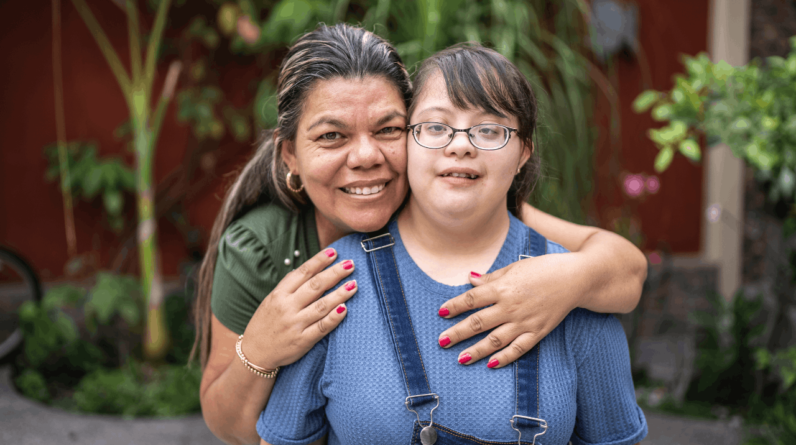
Have you ever looked at your past and wondered if you can ever recover from it?
Most of us have traumas and emotional wounds that we are working towards healing.
Our past might have shaped the people we are today, but that doesn’t mean we should be shackled by it forever. As we become more aware of who we are and work on becoming the best versions of ourselves, emotional healing is one of the many things we must do.
Emotional healing is a personal and often multifaceted process that involves addressing and processing feelings, thoughts, and experiences to understand our past better and ultimately, improving our emotional well-being.
Here are several effective areas you can explore on your healing journey.
8 Tips for Emotional Healing
Therapy and Counseling
Sometimes, talking to an unbiased and trained professional can make a huge difference, especially when you are working on understanding how your past impacts you. Look for a licensed therapist or counsellor who can provide a safe space to explore your emotions and develop coping strategies.
There are different types of therapy, such as cognitive-behavioral therapy (CBT), dialectical behavior therapy (DBT), or psychodynamic therapy which you can consider depending on your needs.
When you can’t go to therapy in person, online therapy can be a good option.
10 Resources & Steps to Help You Find a Good Therapist→
Self-Reflection and Mindfulness
Journaling is a great tool for reflection.
Write about your feelings, thoughts, and experiences to gain insights and process emotions. Some phones now have a feature that allows you to log how you are feeling and the factors that are associated with those feelings.
Practicing mindfulness and meditation can help you stay present and develop a better understanding of your emotional state. You can also engage in silent walks and exercises such as yoga, which are both grounding.
Healthy Lifestyle Choices
Engage in regular physical activity to release endorphins and reduce stress.
This doesn’t have to be anything over the top! A simple walk in the park or a short jog can make a huge difference.
Maintain a balanced diet to support overall well-being. This can be challenging when you have a busy schedule, but meal planning can make it easier. Lastly, ensure you get enough good sleep to help regulate mood and cognitive function.
Support Networks
Connect with the people in your life who can provide emotional support and understanding, rather than being judgmental.
You can also join support groups for shared experiences and mutual encouragement. This way, you can get guidance and inspiration from people who have had the same experiences as you.
Be Creative
Use creative outlets like painting, drawing, or music to express emotions and facilitate healing.
Where possible, give writing a go and write poetry, stories, or letters to further process your feelings and gain perspective.
Sometimes, we bottle things that we want to say to another person because we don’t have a chance to communicate these things, so a letter to them can be a good outlet for expressing your feelings and thoughts.
You don’t necessarily have to give the letter to the other person. Simply writing and having things out of your head can feel like a huge weight has been lifted.
Spiritual Practices
It is not uncommon for people to gain solace in spirituality.
Engage in spiritual practices that resonate with you to find peace and comfort. Also spend time in nature to experience its calming and restorative effects.
6 Key Aspects of Spiritual Wellness & 6 Tips to Improve Yours→
Setting Boundaries
Learning to set healthy boundaries in relationships will help protect your emotional health.
Start by getting comfortable with saying no and learning to prioritize yourself. You don’t have to say yes to demands that overwhelm you or compromise your well-being.
Gratitude Practice
Don’t focus on all the wrongs and things that are not going well.
Focus instead on positive aspects of your life and shift your perspective. Be grateful for the things that are going well.
Emotional Healing Takes Time!
Emotional healing takes a lot of work, time and self-compassion, but it is possible!
Remember, emotional healing is a personal journey.
Yours won’t be the same as that of the person next to you, but you can surely learn from others’ experiences. Adopting healthy habits might not be easy, but the more you try, the easier it becomes.
And don’t forget that gratitude goes a long way! Being grateful even for the little things can make a huge difference on your way to healing.
Finding the right combination of strategies that work for you might take time, and it’s okay to seek help and make adjustments along the way.
Healing is a journey, and taking proactive steps will lead to significant improvements.
Moreover, it is not linear. Some days will be better than others, and some will be worse. That is not the end of the world; it is normal, and we have to accept that part of reality.
Photo by SHVETS production







